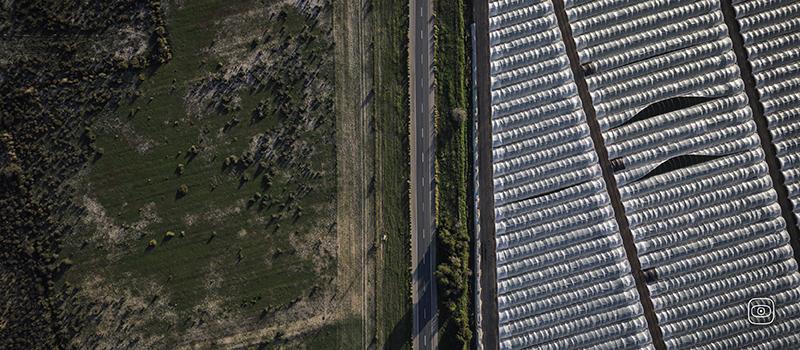
More than 80% of habitats in the continent are in poor condition. Even though there are many reasons to blame, agricultural expansion has been pointed out as the main cause of the degradation of ecosystems.
According to the European Environment Agency, agricultural activities - such as intensification, fragmentation, and abandonment - represent the most common pressure group across habitats and species, with 21% of all reported pressures. In addition, around 50% of all problems related to pollution and biodiversity loss are mainly a consequence of air, water, and soil pollution caused by agriculture.
This project documents the impact of intensive agriculture in some key protected areas in Europe, notably the Nature 2000 network, through data and field reporting. The investigation shows how the implementation of the European legislation on environment protection often fails to curb the impacts of agriculture, with specific cases in Spain, Portugal, France, and Germany.
This is particularly important now that the future of the Nature Restoration Law, a key piece of European legislation that would restore 20% of the EU’s land and sea areas by 2030, is uncertain due to the opposition of some Member States and that the greening measures of the Common Agriculture Policy are being relaxed.
Photo: Adri Salido.
Team members
Need resources for your own investigative story?
Journalismfund Europe's flexible grants programmes enable journalists to produce relevant public interest stories with a European mind-set from international, national, and regional perspectives.
Support independent cross-border investigative journalism
We rely on your support to continue the work that we do. Make a gift of any amount today.

